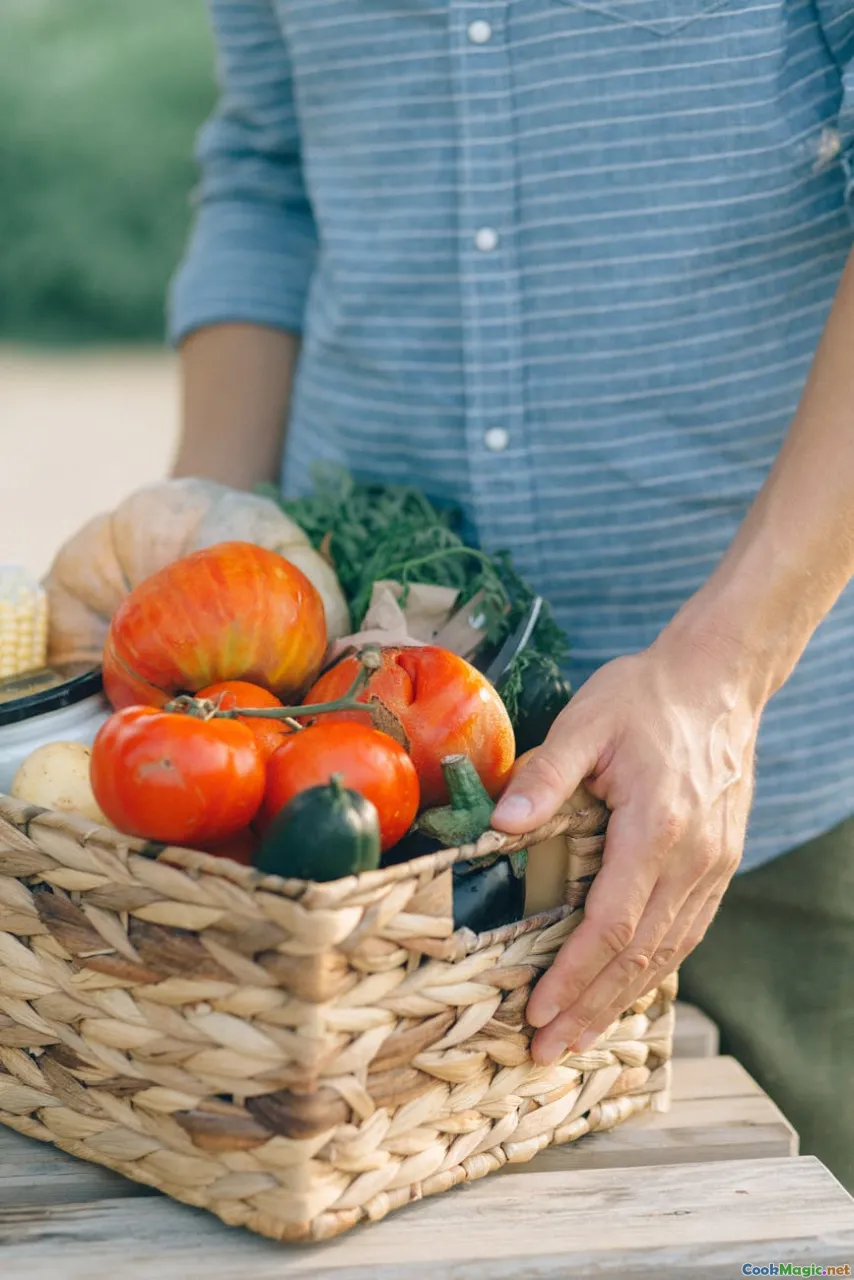Empowering Small Farmers Through Chef Collaboration
8 min read Exploring how chef partnerships with small farmers foster sustainable practices, preserve traditions, and reshape culinary landscapes through authentic, ethical cuisine. May 30, 2025 21:00
Empowering Small Farmers Through Chef Collaboration
Imagine walking into a bustling market at dawn, the air thick with the earthy aroma of freshly tilled soil and the sweet scent of ripe produce. Small farmers, often overlooked in the grand culinary narrative, harbor a treasure trove of flavors, traditions, and stories rooted in generations of nurturing the land. Yet, in our globalized food system, their voices are frequently drowned out by industrial giants, and their produce overshadowed by mass-produced goods.
But what if the culinary world took a stand—what if chefs, the maestros of flavor, became ambassadors of change by forging genuine collaborations with small farmers? This isn’t just about sourcing ingredients; it’s about empowering these stewards of tradition, fostering sustainability, and reshaping the future of food.
The Cultural and Historical Significance of Small-Scale Farming
Small farmers are the custodians of local food cultures. Their practices preserve heirloom varieties, traditional farming techniques, and regional flavors that define local identities. For example, in Italy’s Emilia-Romagna, small-scale rice paddies yield grains with unique textures and aromas, integral to the region’s renowned risotto. Similarly, in Mexico, indigenous corn varieties cultivated by small farmers sustain centuries-old culinary traditions.
Historically, these farmers have faced numerous challenges: economic pressures, climate change, land degradation, and market access issues. Yet, their resilience and commitment to tradition remain vital for maintaining biodiversity and cultural heritage.
The Power of Chef Collaboration
More Than Just Sourcing
At its core, collaboration between chefs and small farmers transcends mere ingredient procurement. It is about building relationships rooted in trust, respect, and mutual benefit. Chefs become storytellers, highlighting the farm’s narrative through their dishes, creating a sensory journey that connects diners to the land.
Authenticity and Flavor
Small farms often cultivate heirloom varieties and organic practices that produce flavors unmatched by industrial counterparts. For instance, a chef working with a small citrus farmer might incorporate rare, fragrant varieties like the 'Pink Persian' or 'Yuzu' that lend dishes a complexity and depth impossible to replicate commercially.
Sustainability and Ethics
By prioritizing local, seasonal, and sustainably farmed ingredients, chefs help reduce carbon footprints associated with long-distance transportation and intensive monoculture farming. This ethical approach also supports biodiversity, soil health, and water conservation—cornerstones of resilient food systems.
Case Studies of Successful Collaborations
The Blue Hill at Stone Barns Model
Chef Dan Barber’s Blue Hill at Stone Barns in New York exemplifies a deep partnership with local farmers. The farm supplies nearly all ingredients, fostering a farm-to-plate philosophy that emphasizes seasonal menus, crop diversity, and ecological sustainability.
Noma’s Nordic Farm Network
Chef René Redzepi’s Noma has pioneered collaborations with Nordic small-scale producers, foraging wild herbs and berries, and working directly with local fishermen and farmers. This synergy results in a menu that reflects the terroir of Scandinavia, elevating humble ingredients to haute cuisine.
Indigenous and Heritage Varieties
In regions like Andhra Pradesh, India, chefs collaborate with small farmers cultivating traditional millet varieties, promoting nutritional diversity and resilience against climate change. Dishes like millet dosas or jaggery-sweetened snacks showcase these indigenous grains.
Personal Insights and Reflections
Having traveled extensively and tasted the fruits of such collaborations, I am constantly inspired by the passion and dedication of small farmers. I recall a visit to a sunflower farm in Provence, where the farmer shared stories of generations tending to the land, and how a chef’s interest in heirloom vegetables transformed their farm’s future.
These collaborations also foster a sense of community and shared purpose. When a chef visits a farm, it’s not just a transaction; it’s a dialogue—an exchange of knowledge, tradition, and hope.
Challenges and Opportunities
Challenges
- Market Access: Small farmers often struggle to reach wider audiences.
- Pricing and Fair Compensation: The true value of their produce must be recognized.
- Scaling Up: Balancing artisanal practices with the demand for larger quantities.
- Climate Change: Adapting traditional practices to changing environmental conditions.
Opportunities
- Educational Initiatives: Promoting awareness through farm visits and cooking classes.
- Policy Support: Incentives for sustainable, small-scale farming.
- Innovative Business Models: Cooperative marketing, community-supported agriculture (CSA), and farm-to-restaurant programs.
- Digital Platforms: Connecting farmers directly with chefs and consumers worldwide.
The Future of Food: A Collaborative Vision
Envision a culinary landscape where small farmers are celebrated as vital partners, not just suppliers. Chefs become stewards of tradition, ambassadors of sustainability, and catalysts for change. Restaurants become hubs of community resilience, where every dish tells a story of land, labor, and love.
This future demands intentionality—ethical sourcing, transparent supply chains, and a deep respect for the land and its stewards. It challenges us all to rethink our relationship with food: to honor the origins, embrace biodiversity, and support those who nurture our plates.
Final Thoughts
Empowering small farmers through chef collaboration is more than a trend; it’s a movement rooted in ethics, culture, and sustainability. It’s about reclaiming the soul of food—its stories, flavors, and connections—and ensuring that the voices of those who cultivate our land are heard and valued.
Next time you savor a dish crafted with local, heirloom ingredients, remember the journey behind it. Celebrate the farmers who, with resilience and passion, keep our culinary traditions alive. And consider how your choices can contribute to a more equitable, sustainable food future—one plate at a time.









